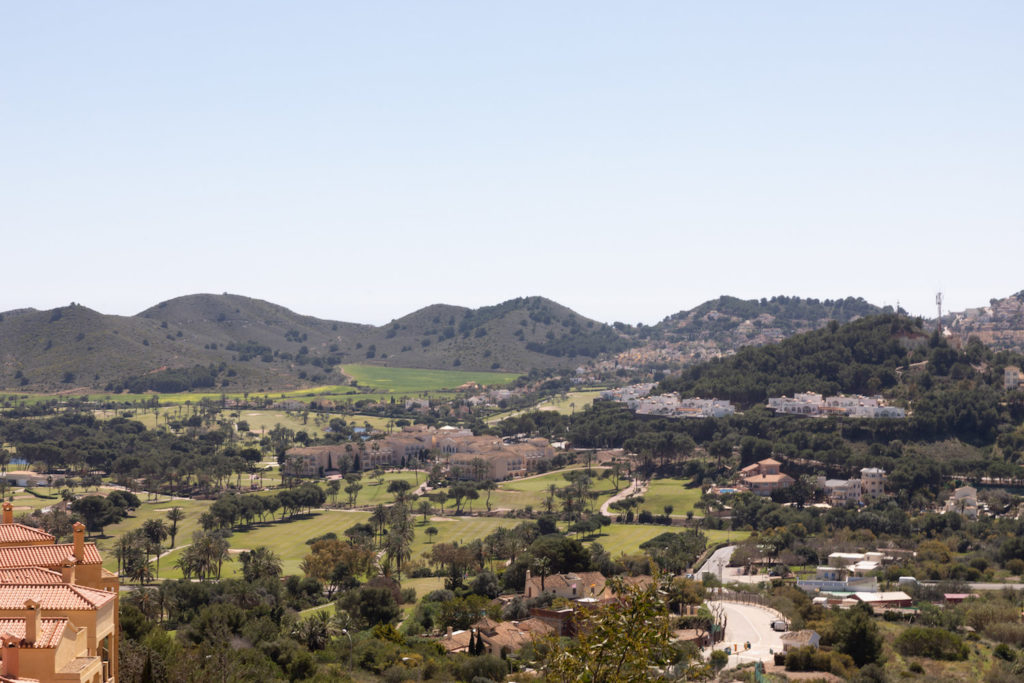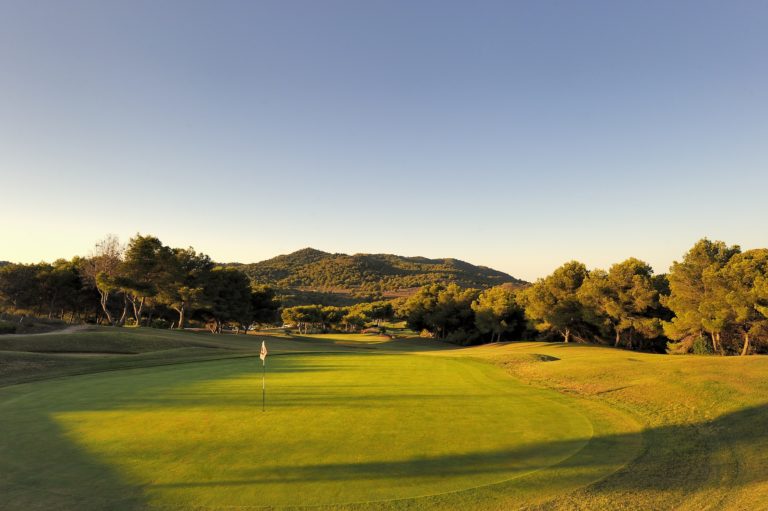
The defining element and one of the keys to the overall success of a resort, executing a hotel project correctly is one of the most important parts of planning a tourism and residential complex. The type of guest who will visit your destination will depend heavily on the chosen hotel and it will also influence the style, the services and, ultimately, the positioning of your resort in the minds of potential consumers. Those consumers, moreover, need not be only consumers of hotel nights; they are ideal candidates for becoming permanent and/or temporary residents through the acquisition of resort real estate assets.
Resorts can range in orientation from sun-and-beach to mountain-and-snow, but having a highly stable residential community with a steady flow of visitors throughout the year is what allows a resort to grow into an urban center united by a lifestyle. One of the keys to consolidating a successful destination is to achieve a balance between tourists and residents. The former endow a project with popularity and dynamism, and the latter provide the aforementioned stability, keeping a community alive by motivating the development of services and reducing seasonality.
For Arum Group’s Business Development Director, Toni Candini, this is the central pairing. “The essential complement to the hotel project is the real estate product, yet for this product to exist and be in demand, you must have a hotel within the resort.”
Because both elements should stay in balance in a successful destination, planning becomes a question of strategy and coherence. As Candini states, “The hotel is the heart of the complex, the social center for residents and visitors alike.” In fact, in Arum’s experience, the hotel is often the place where some of the resort’s important services, like restaurants, the spa, and shopping, are first developed. Only when a stable and profitable tourism hotel project has been launched, with a coherent offer of services around it, and residential communities have begun to flourish and settle, can the development of new social and service centers beyond the hotel project be considered.
“The hotel allows you to have an initial experience with the resort and establishes the lifestyle standards that will define the destination,” says Candini, who draws attention to how some of the most exclusive communities in the world are linked to large luxury hotel chains. The importance of choosing strategically among hotel operators and having good hotel concept development is vital and, sometimes, if the necessary means are available and the required standards met, the hotel brand will act as a reference and help set prices and stimulate real estate sales.
It is therefore not unusual to find tourism and residential communities with a central hotel, or even a single hotel, around which the first residential communities are built. The people who choose to live there may use their property as a second residence or for enjoyment and investment, if the property has a tourism license and can be let for part of the year. As the community settles and market interest increases, it is common for other residential communities to develop in parallel with new, much more specialized real estate products. The experience and feedback from owners allows planners to design products tailored to the destination, and this planning can be expanded to include services and facilities desired by residents. Restaurants, shops and recreational spaces flourish far from that initial seed and, sometimes, if the project is large enough, another hotel establishment may be considered, this time as a complement to the residential area.
Residential and hotel development go hand in hand when it comes to shaping destinations that are profitable in the long term and consistently branded, and a tourism hotel project should be given its due consideration. It is worth fighting for the best hotel and real estate partners, benefitting from their prestige, and then returning this prestige in the form of a stable and active residential community. Hotels have traditionally been seen as the main driver of sales, but in recent years there have been shifts with the emerging concept of branded residences. These high-end homes with services are linked to a residential lifestyle, which in turn makes an adjacent hotel an interesting possibility. A growing game of balances.



